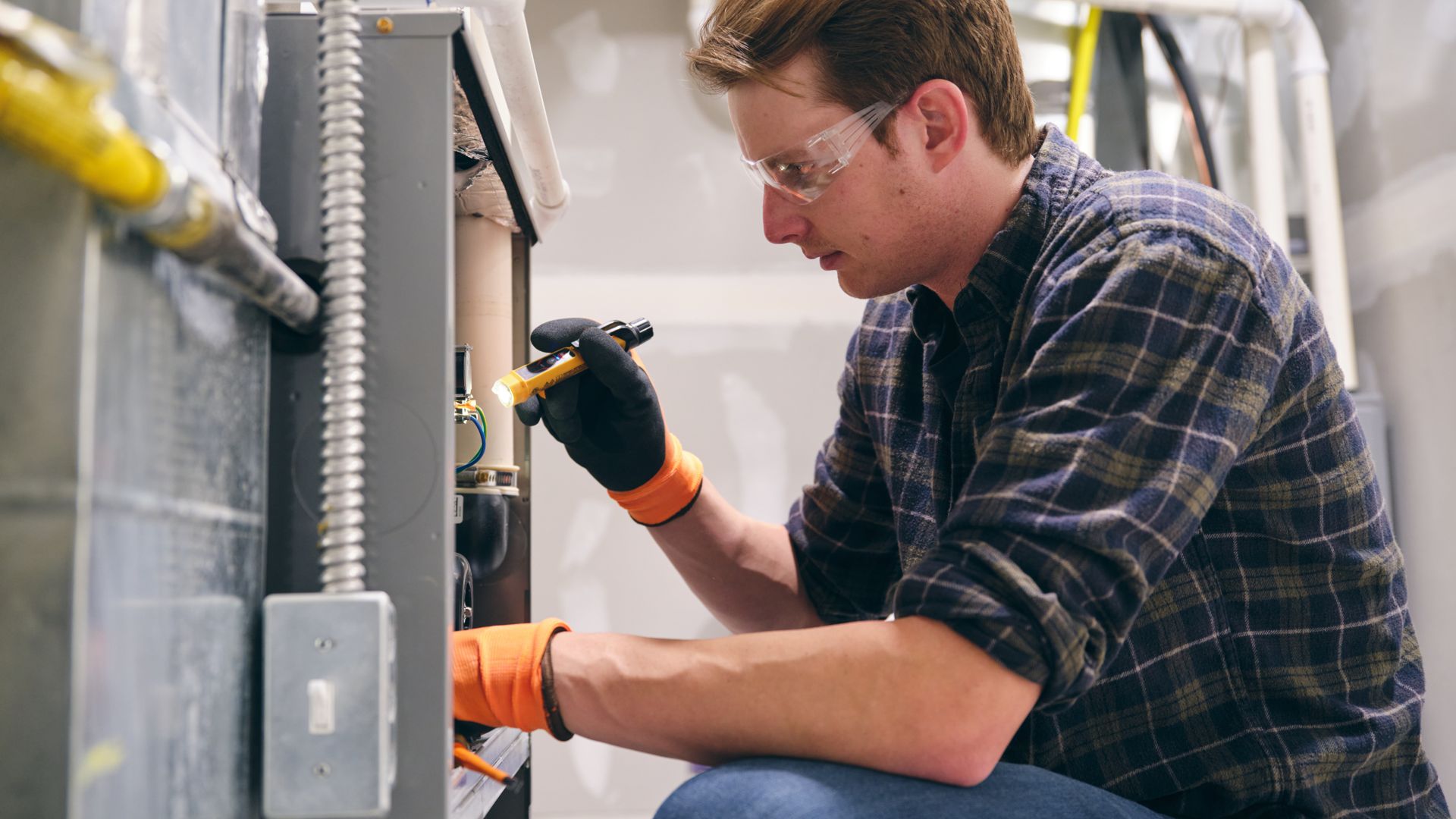Indoor air quality plays a crucial role in maintaining a healthy and comfortable living environment. With more people spending a significant amount of time indoors, it's essential to ensure that the air we breathe is clean and free from pollutants. Regular indoor air quality testing and monitoring can help identify potential issues and improve the overall air quality in your home. In this blog post, we will discuss five tips for effective indoor air quality testing and improvement.
1. Understand the Common Indoor Air Pollutants
Before you can effectively monitor and improve your indoor air quality, it's essential to understand the common pollutants that can affect it. Some of the most common indoor air pollutants include:
- Volatile Organic Compounds (VOCs): These are chemicals that can be emitted from various household products, such as cleaning supplies, paints, and solvents.
- Mold and Mildew: These can grow in damp or humid areas and can cause respiratory issues and other health problems.
- Radon: This is a radioactive gas that can enter your home through cracks in the foundation or other openings.
- Pollen and Dust Mites: These allergens can cause allergic reactions and respiratory issues.
By understanding the common pollutants, you can take appropriate measures to reduce their presence in your home.
2. Invest in a High-Quality Air Purifier
Air purifiers can help remove pollutants from the air and improve your indoor air quality. Look for air purifiers that use HEPA filters, as these can capture particles as small as 0.3 microns, effectively removing allergens, mold spores, and other pollutants from the air. Additionally, consider investing in an air purifier with an activated carbon filter, which can help remove VOCs and odors from the air.
3. Regularly Inspect and Clean Your HVAC System
Your HVAC system plays a significant role in maintaining your indoor air quality. Regular inspection and cleaning can help prevent the buildup of dust, mold, and other pollutants in your system. It's essential to change your air filters regularly, as dirty filters can reduce your system's efficiency and contribute to poor indoor air quality. Additionally, consider having your air ducts professionally cleaned to remove any buildup of contaminants.
4. Maintain Proper Ventilation
Proper ventilation is crucial for maintaining good indoor air quality. Ensure that your home has adequate ventilation by opening windows and doors when the weather permits, using exhaust fans in kitchens and bathrooms, and ensuring that your HVAC system is properly sized for your home. Additionally, consider installing an energy recovery ventilator (ERV) to help exchange stale indoor air with fresh outdoor air without compromising your home's energy efficiency.
5. Schedule Regular Indoor Air Quality Testing
Regular indoor air quality testing is essential for identifying potential issues and ensuring that your home's air is clean and healthy. Professional testing can help detect pollutants such as mold, VOCs, and radon, and provide recommendations for improving your indoor air quality. Bolls Heating & Cooling offers comprehensive indoor air quality testing and solutions to help you maintain a healthy and comfortable living environment.
In conclusion, maintaining good indoor air quality is essential for the health and comfort of your home. By understanding the common pollutants, investing in air purifiers, regularly inspecting and cleaning your HVAC system, maintaining proper ventilation, and scheduling regular indoor air quality testing, you can ensure that your home's air is clean and safe to breathe. Contact Bolls Heating & Cooling today to schedule an indoor air quality assessment and learn more about our services.
